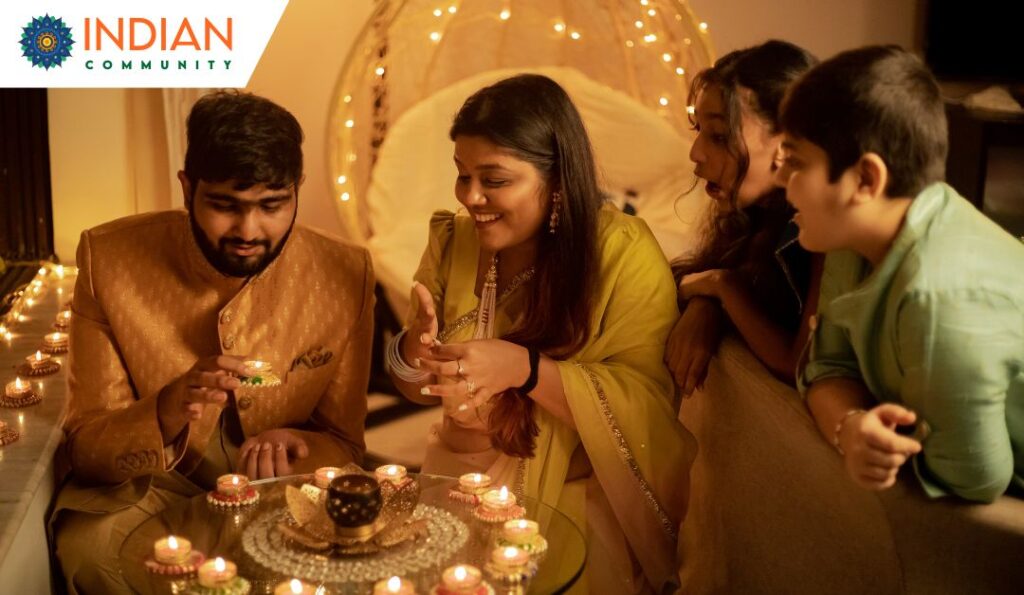Diwali, also known as Deepavali, is one of the most widely celebrated festivals in India and around the world. This festival, often referred to as the “Festival of Lights,” symbolizes the triumph of light over darkness, good over evil, and knowledge over ignorance. The name “Diwali” is derived from the Sanskrit word “Deepavali,” which means “a row of lights.” It is a time when homes, temples, and public spaces are illuminated with oil lamps, candles, and fireworks, creating a vibrant atmosphere filled with joy and hope.
Historical and Mythological Significance
The celebration of Diwali has deep-rooted historical and mythological significance across different regions and religions in India:
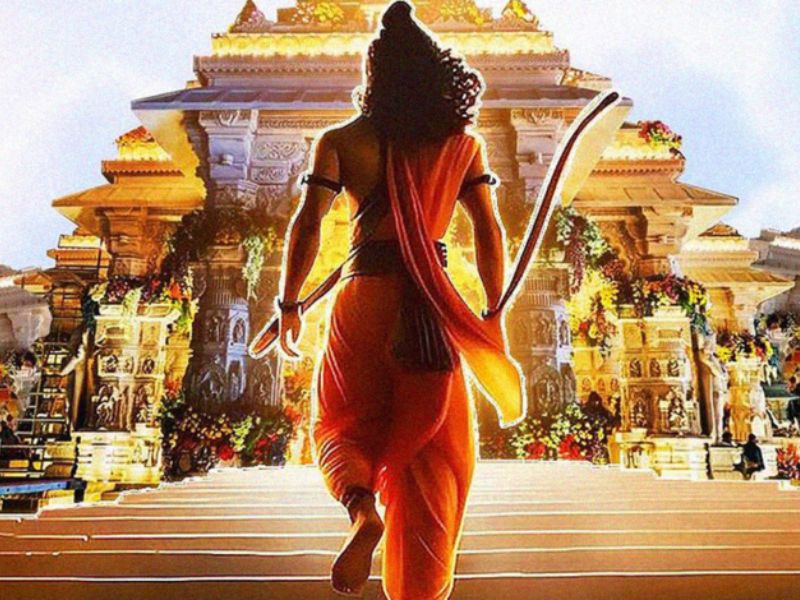
Return of Lord Rama:
In Hinduism, Diwali commemorates the return of Lord Rama, along with his wife Sita and brother Lakshmana, to his kingdom Ayodhya after 14 years of exile and his victory over the demon king Ravana. The people of Ayodhya celebrated Rama’s homecoming by lighting oil lamps, symbolizing the victory of good over evil and light over darkness.
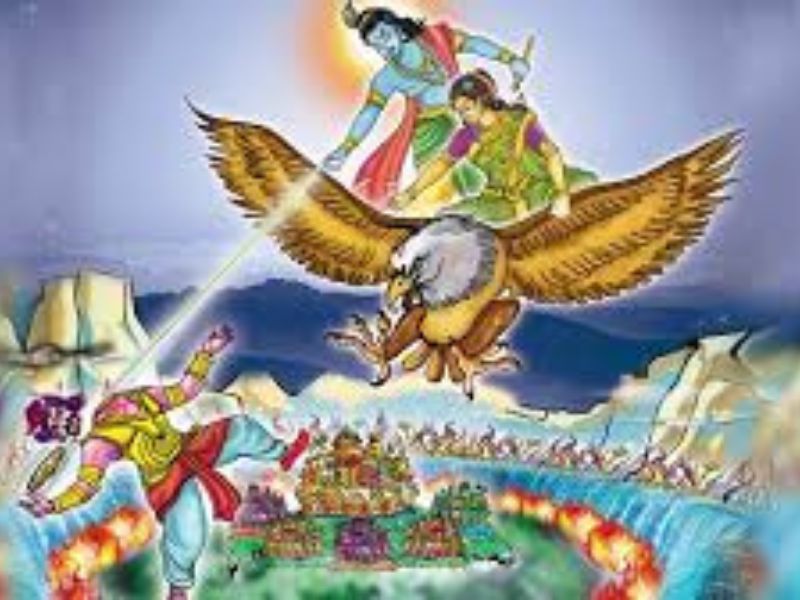
Lord Krishna’s Victory:
In some parts of India, especially in the western regions, Diwali is linked to the legend of Lord Krishna defeating the demon Narakasura. This victory freed the people from the tyrannical rule of the demon, representing the end of evil and the beginning of peace and prosperity.
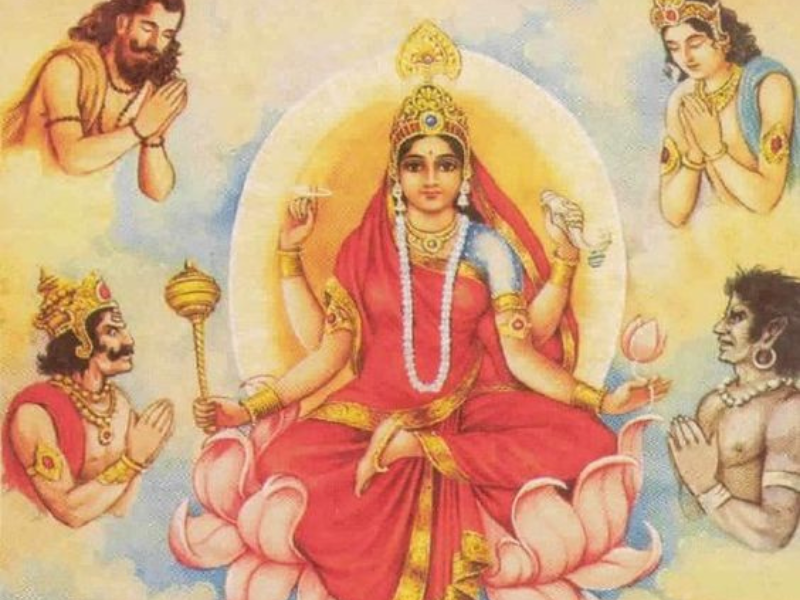
Goddess Lakshmi’s Blessings:
Diwali also marks the day when Goddess Lakshmi, the deity of wealth and prosperity, emerged from the churning of the ocean (Samudra Manthan). On this day, devotees worship Lakshmi and pray for wealth, health, and prosperity in their lives. This aspect of Diwali is particularly popular among the business community, who close their old accounting books and open new ones for the upcoming financial year.
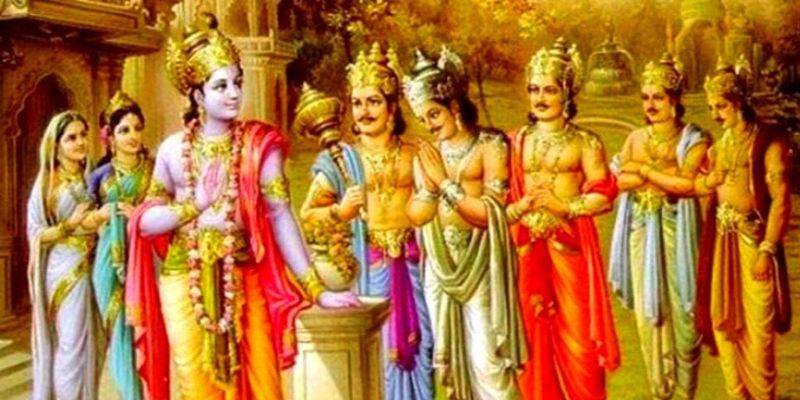
The Pandavas’ Return:
Another story associated with Diwali is from the epic Mahabharata, where the Pandavas returned to their kingdom after 13 years of exile. Their homecoming was celebrated with great joy and the lighting of lamps throughout the kingdom.
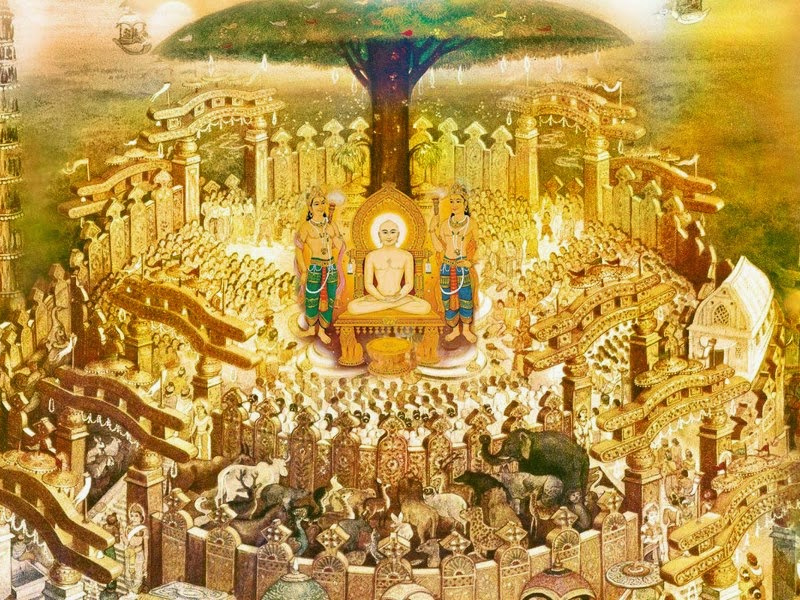
Sikh, Jain, and Buddhist Traditions:
Diwali holds significance in Sikhism as well, marking the release of Guru Hargobind Ji from imprisonment. For Jains, it is the day Lord Mahavira, the last Tirthankara, attained Nirvana. In Buddhism, especially among the Newar Buddhists of Nepal, Diwali commemorates the moment Emperor Ashoka embraced Buddhism.
Cultural Significance and Traditions
Diwali is not just a religious festival but also a cultural celebration that brings together people of all ages and communities:
- Lighting of Diyas and Rangoli: Homes are cleaned, renovated, and decorated with colorful rangoli designs at the entrance to welcome prosperity. Oil lamps or diyas are lit inside and outside homes, signifying the victory of light over darkness and inviting the Goddess Lakshmi.
- Fireworks and Sweets: Fireworks are an integral part of Diwali celebrations. They are believed to ward off evil spirits and add to the festive cheer. Exchanging sweets and gifts with family, friends, and neighbors is a common tradition, symbolizing the sharing of joy and good fortune.
- Puja and Prayers: On Diwali, families perform Lakshmi Puja, offering prayers to Goddess Lakshmi and Lord Ganesha, seeking blessings for wealth, prosperity, and wisdom. The puja is often followed by aarti, devotional songs, and the lighting of incense.
- New Clothes and New Beginnings: Diwali is also considered an auspicious time for new beginnings. People wear new clothes, start new ventures, and make important purchases such as gold, silver, or household items. This practice symbolizes the renewal of life and the hope for a prosperous future.
- Community and Togetherness: Diwali is a time for coming together, celebrating with family, friends, and neighbors. Community events, festive meals, and sharing of happiness strengthen the bonds of togetherness and promote harmony.
The Spiritual Essence of Diwali
Beyond the lights, fireworks, and festivities, Diwali holds a deeper spiritual meaning. It is a time for self-reflection, inner illumination, and the recognition of one’s own inner light. The festival encourages people to introspect, forgive past wrongs, and renew relationships. The lighting of lamps symbolizes the dispelling of ignorance and the embracing of wisdom and truth.
Diwali also teaches the value of generosity, compassion, and the importance of helping those in need. Many people use this occasion to engage in charitable activities, offering food, clothing, and support to the less fortunate, thereby spreading the light of kindness and love.
Diwali, with its rich tapestry of traditions, rituals, and stories, is much more than just a festival; it is a celebration of life itself. It is a reminder that even in the darkest times, there is always light and hope. The festival’s enduring message of goodness, unity, and renewal continues to inspire millions, making it a time of joy, reflection, and new beginnings. As the lamps of Diwali shine brightly, they remind us all of the power of light to overcome darkness and the importance of nurturing the light within.
May the festival of Diwali illuminate your life with joy, prosperity, and peace. Happy Diwali!

